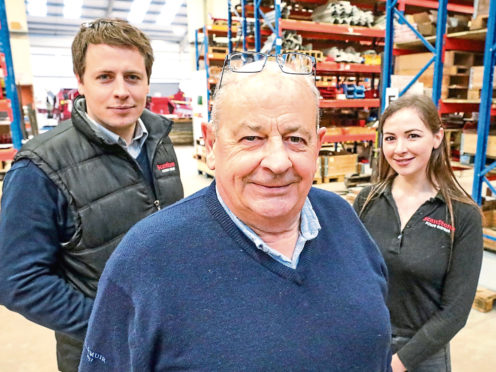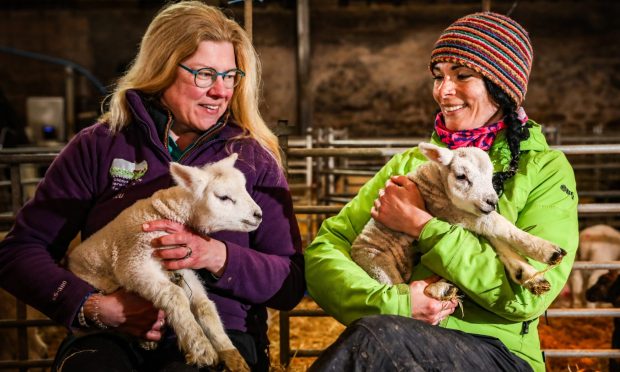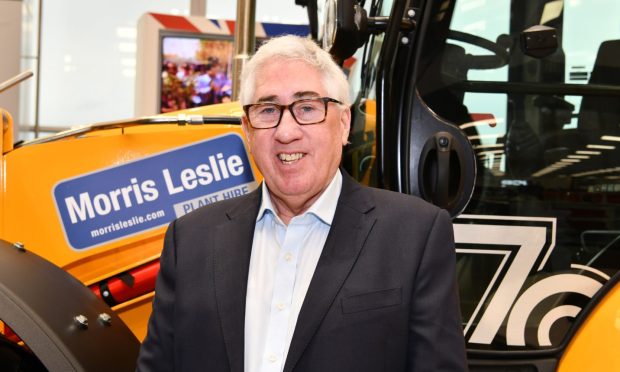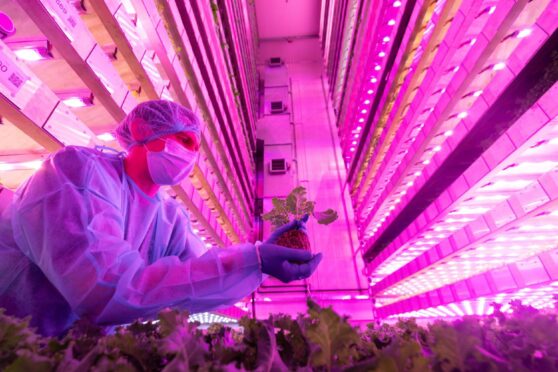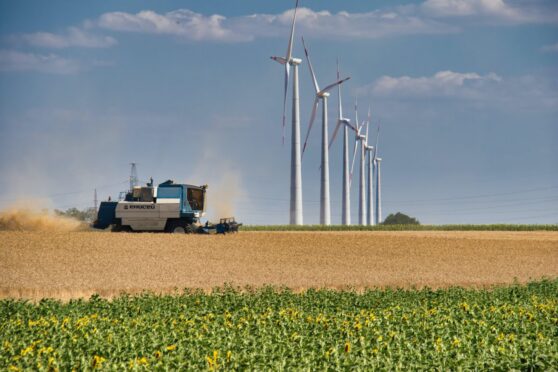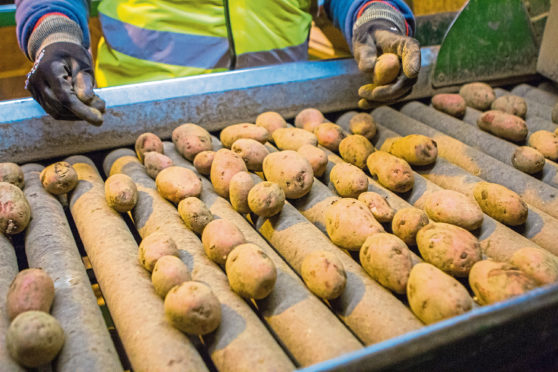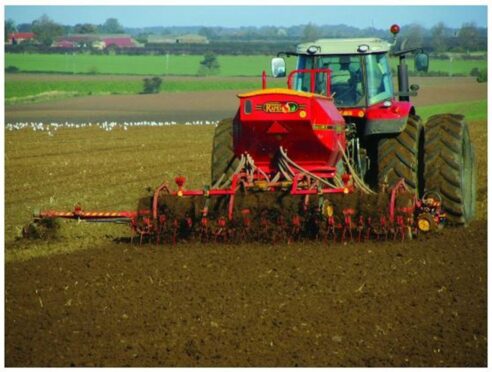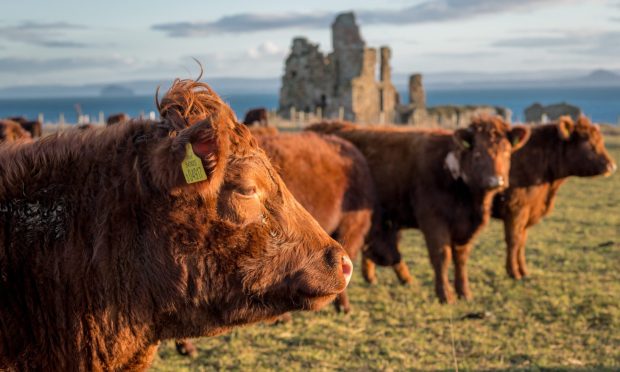The destination tags on the row of eight shiny red destoners in ScanStone’s assembly hall read Australia, the Czech Republic, Sweden, counties across England – and a nearby farm in Angus.
It is an instant illustration of the international nature of the soil preparation and potato harvesting machinery company which is based on the Skea family’s farm at Burnside, Forfar, and which exports its designs to more than 20 countries worldwide.
At this time of year 12 men are employed in the farm factory’s new assembly unit, putting the finishing touches to the latest batch of the company’s “bread and butter” destoners, 60 of which are sold every year, at a cost of around £60,000 each.
Another seven men are busy welding, there are three designers, a team in the stores which has £3 million worth of parts on the shelves, shotblasters, painters, electrical experts and an office team to make a total of 50 employees across the business.
ScanStone produce everything from bed formers, bed tillers, destoners, elevators, windrowers and, most recently, harvesting equipment.
The company is celebrating a record year of sales worth £10m, and predicts a growing market for their latest designs just 15 years after the firm was formed by Gordon Skea in 2003.
Originally an agricultural engineer, Gordon has taken a back seat recently after handing over control of the business to his son William and daughter Alison, but his decision to employ a team of people who were made redundant when a local agricultural machinery firm went out of business has paid off many times over.
“There was a raft of highly experienced people in Forfar skilled at making soil separating equipment and they had been made redundant,” he said.
“We started the company with them at the core of it and many are still here with us, working and designing equipment.”
The core home market is Angus, Perthshire and the Mearns, including all the rich root vegetable and potato-growing land bordering the North Sea.
The biggest “export” market is England, but ScanStone exports to 10 countries within the EU and more than 10 others, including making equipment for the sugar cane harvest in Mauritius, machinery for carrot growing in South Island, New Zealand, and destoners for a sweet potato grower in Queensland.
The Skeas opened a depot at Lakenheath in East Anglia this year, to service the rapidly expanding English market and as a half-way house for exports to Europe and their top European market, France.
They also set up a trading company, ScanStone France, to prepare for Brexit – not that the prospect of leaving Europe has hampered trade across the EU.
“It’s probably a short-term impact of the Brexit delay, but we’ve increased sales to Europe dramatically in the last two to three months,” said William.
The company also enjoyed a boom in the wake of the Brexit referendum when the value of sterling fell, making ScanStone equipment very competitively priced against the top global player, the German potato machinery giant, Grimme.
However both Gordon and William emphasise there has also been a noticeable “Buy British” attitude in the UK in recent months.
William said: “There has been a shift in attitude, no doubt, but people will buy what they want to buy and so we need to be as good or better than the next guy.”
Alison, who studied agricultural engineering at Harper Adams then worked for Claas in Europe, handles the firm’s exports to 75 dealer depots worldwide, including a big expansion for second-hand machinery in Eastern Europe.
ScanStone has now entered the potato harvesting market, spending £1 million on development and putting together bespoke packages for customers.
Eight harvesters were built and sold this year, six in England and two in Scotland, and they were set to work in what William describes as “against the odds in a difficult season”.
“We take an idea from concept to design to prototype to manufacture to sale and then after-sales service and we can adapt it very quickly if a design isn’t quite right,” he said.
As to the future, he says new ideas come mainly from farmers and tractor drivers.
“They come to us with problems, ideas and solutions,” he said.
nnicolson@thecourier.co.uk
